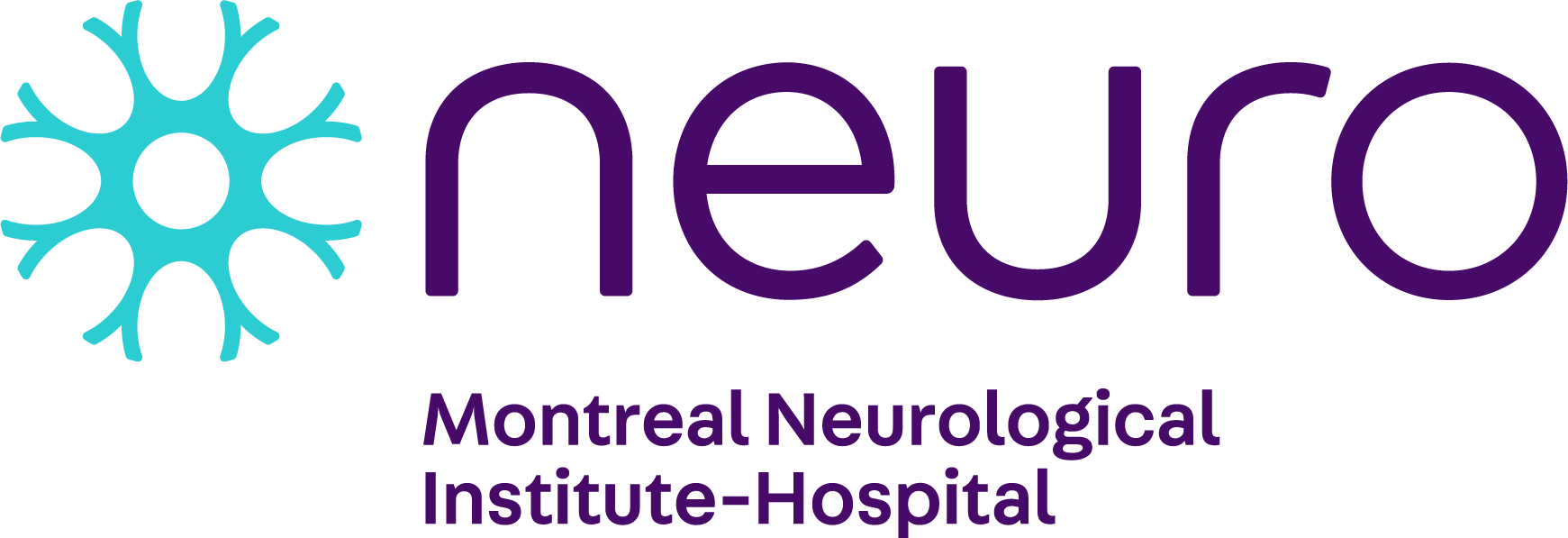Killam Seminar Series: The Shadow Nervous System: A look into brain capillaries when they work and don鈥檛
To attend in person, register .
To watch via vimeo, click
Mark Nelson
Distinguished Professor, Pharmacology, University of Vermont, USA
Abstract:听The Nelson laboratory's research interests include elucidating the mechanisms by which cerebral blood flow is controlled to meet the diverse and ever-changing demands of active neurons and how these mechanisms are disrupted in small vessel disease (SVD)-a major cause of stroke and dementia. Dr. Nelson and colleagues have unraveled many of the major mechanisms that control cerebrovascular function, including the discovery of local calcium signals ('sparks'), which counter-intuitively oppose vasoconstriction. They have recently shown that brain capillaries act as a neural activity-sensing network by initiating and transmitting an electrical signal, mediated by potassium channel activation, that propagates through the interconnected endothelial cells comprising the capillaries that line all blood vessels. This concept explains the rapid and coordinated delivery of blood to active neurons. Using a mouse model of a monogenic form of SVD, they have discovered early defects that result in a loss of this electrical signaling mechanism and impaired delivery of blood to active neurons-defects that involve changes in extracellular matrix composition. The near-term goals of Nelson laboratory researchers are to create an integrated view of electrical, calcium and related regulatory signaling mechanisms at molecular, biophysical, and computational-modeling levels by examining their operation in increasingly complex segments of the brain vasculature ex vivo, in vivo, and in silico. Ultimately, they propose to weave these research threads together to create a systems-level view of physiological signaling in the brain microcirculation, and test the concept that gradual degradation of this sensory web and the attendant progressive decay of cerebrovascular function contributes to SVDs of the brain
叠锘縤辞: Mark T. Nelson is an internationally recognized leader in the study of vascular smooth muscle, calcium signaling and ion channels. He received his B.S. in Mathematics and Biology from Tufts University with honors, and his Ph.D. in Neural Sciences from Washington University, St. Louis, MO. He was recruited to the University of Vermont in 1986 and promoted to full professor in 1992. Dr. Nelson has served as Chair of the Pharmacology Department since 1996, and was honored in 2009 as a University Distinguished Professor. Since 2006, he has been a part-time Professor at the University of Manchester, UK, and since 2012 as a Visiting Professor at the University of Oxford, UK. Dr. Nelson is a member of the National Academy of Sciences.
Mark Nelson is a member of the NIDDK Advisory Council. His work has been recognized by the NIH with over thirty years of continuous funding, an NIH Merit Award, an NIH Outstanding Investigator Award, and with funding from Fondation Leducq and the European Union.
He serves on Editorial Boards for Proceedings of the National Academy of Sciences, eLife, Journal of General Physiology, and as co-editor for Annual Reviews of Physiology. Dr. Nelson has produced over 270 publications in high quality, peer reviewed journals, and mentored sixty postdocs and research faculty members.
Supported by the generosity of the Killam Trusts, the MNI's Killam Seminar Series invites outstanding guest speakers whose research is of interest to the scientific community at the MNI and 平特五不中.




